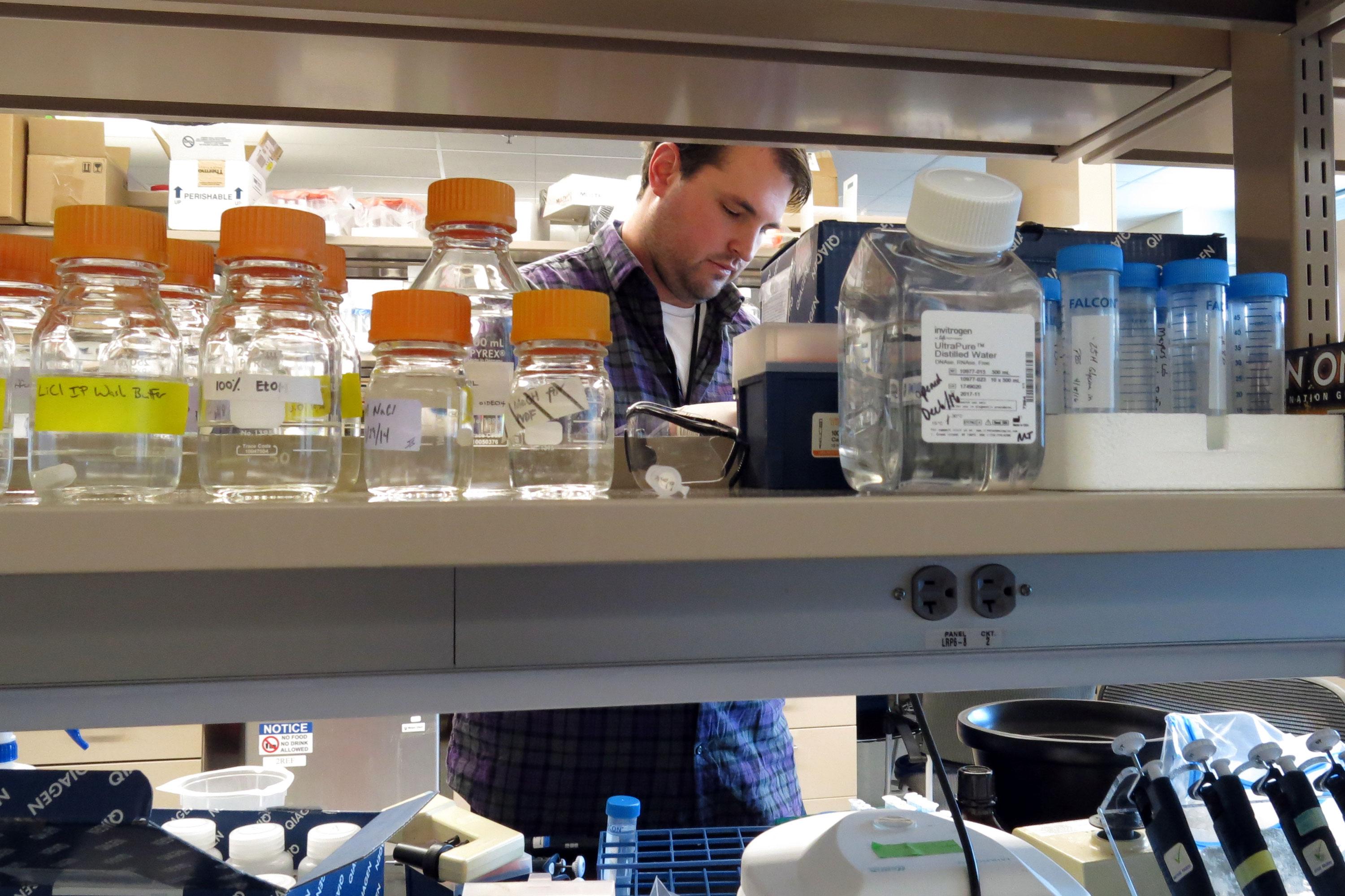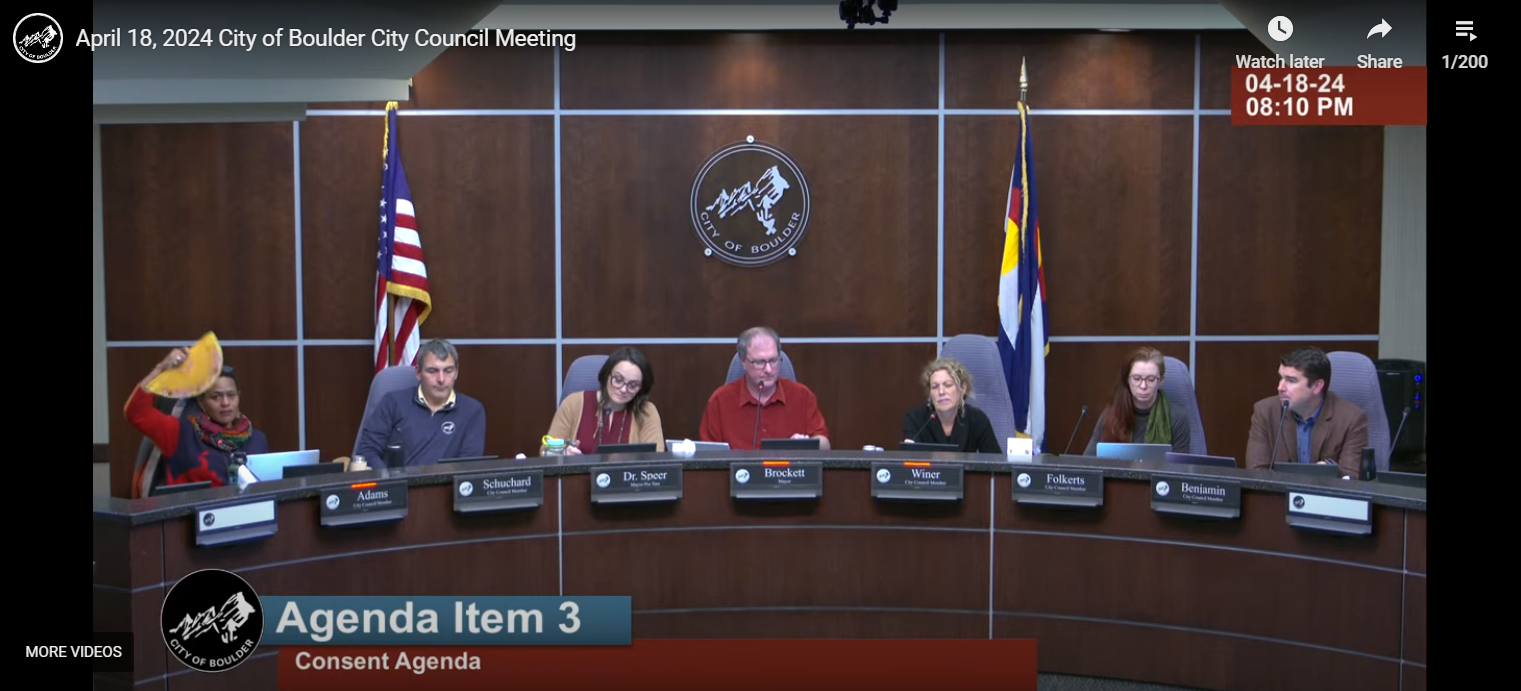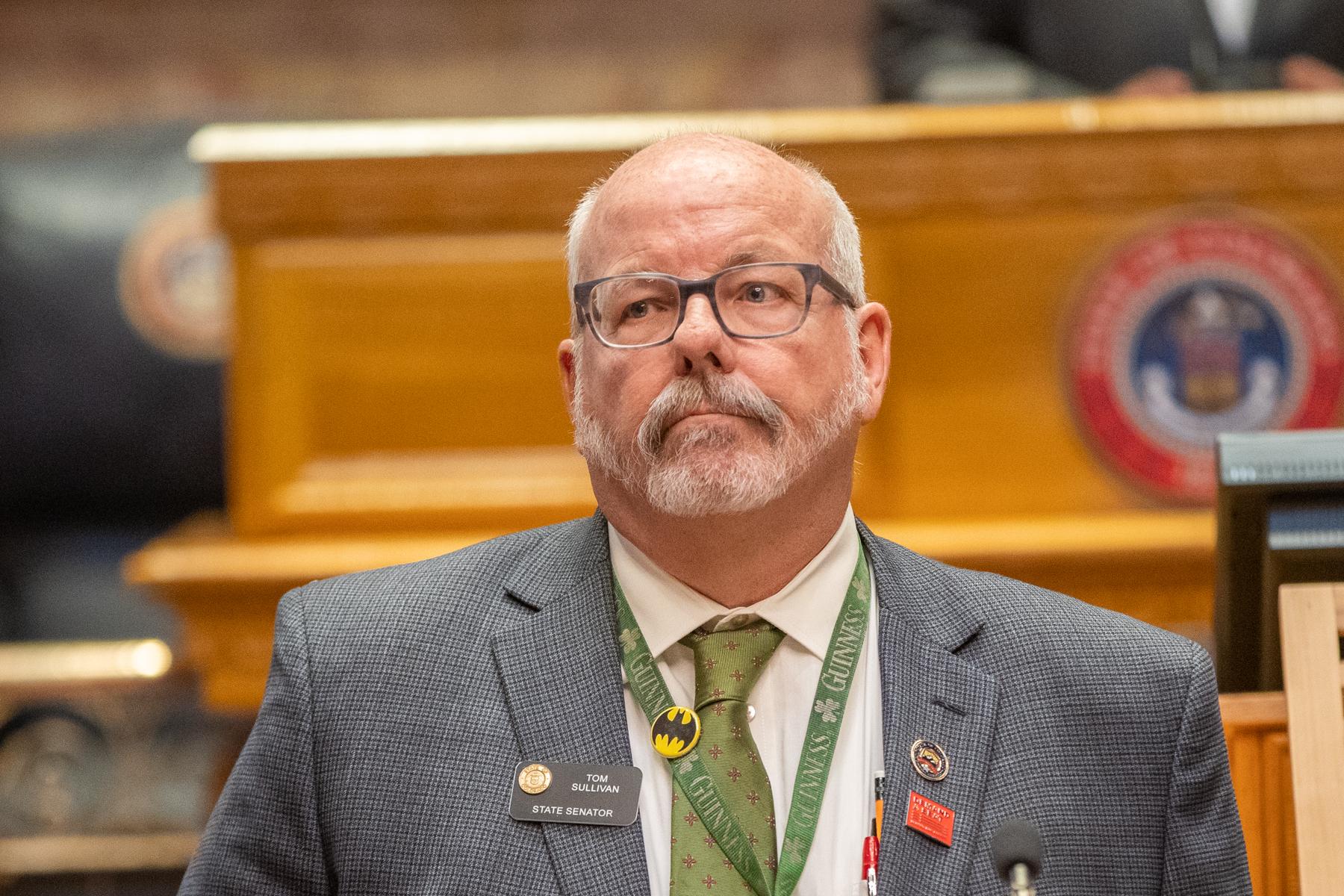
When her lupus flares up, Linda Garrett can’t get out of bed for days. When she was diagnosed with lupus 14 years ago, Garret thought she was so sick that she “was going to die.” She takes 15 pills a day to treat it, but for now there’s no cure. Garrett hopes new legislation that the president has signed — the 21st Century Cures Act — provides a push to change that.
“This is exactly what we need to move forwards,” said Garrett, a 61-year-old Denver paralegal for Xcel Energy. “My dream is that we’re the last generation who has to deal with this.”
The law includes a new infusion of money, more than $6 billion from the federal government for national research. Colorado's share will help researchers in their fight to cure diseases like cancer and Alzheimer’s and to combat the opioid crisis. The legislation, which Rep. Diana DeGette, D-Colo., helped author, also promises to speed up the development and approval of new treatments for people with chronic diseases like lupus.
Money for brain research and precision medicine, treatment and prevention tailored for individual patients is also included, a big share of which goes to cancer research. It’s just the kind of research being done at the University of Colorado’s Cancer Center.

“Ideally this will translate into the clinic and help save lives,” Cartwright said.
His boss, Dr. Dan Theodorescu, sees major progress in treating all kinds of cancer through personalized medicine. Theodorescu’s analogy is seeing “cancer as an onion.” Researchers pulled back the first layers when they mapped a cancer gene in the early ‘80s, he said. Now, with much better mapping technologies, they can diagnose the majority of human cancers, leading to potentially promising treatments and drugs. “If we continue personalizing therapies, we continue peeling the onion, even if it’s only two to three percent at a time,” Theodorescu said.
In order to peel the onion, he said, scientists need to keep making small but relentless advances. But this kind of methodical, painstaking work doesn’t come cheap. The lab doing the bladder cancer research costs $600,000 a year to run. CU’s cancer center relies on about $100 million in federal grant funding.
So, Theodorescu said, money from the 21st Century Cures bill makes a direct impact by allowing “us to create and discover more new things that could help patients.”
It’s unclear what the appetite for new research funding will be under the incoming Trump administration and Republican Congress. Budget hawks have talked about wanting to rein in domestic spending. Robert Valuck, a pharmacy professor at the University of Colorado, and one of the state’s leading experts on opioids, thinks that uncertainty is “the biggest thing people are concerned about.”

“So everyone is kind of waiting with bated breath,” he said.
It’ll be key to see how the Trump team views key agencies like the Centers for Disease Control, or the National Institutes of Health, which fund research, Valuck said. The 21st Century Cures bill provides $1 billion to address the opioid crisis. For Valuck, that’s a great start, but much more is needed. He worries that potential cuts could put advances in research and treatment at risk.
“Without that investment we don’t get new cures, we don’t get new drugs, we don’t get new treatments to cure people’s illnesses,” Valuck said.
Cancer center director Dan Theodorescu is less anxious. “Cancer doesn't discriminate,” he said. “Cancer affects Republicans and Democrats equally.”
Theodorescu said the proof of that is that the 21st Century Cures Act was a thoroughly bipartisan effort. He hopes that momentum continues over the next four years.









